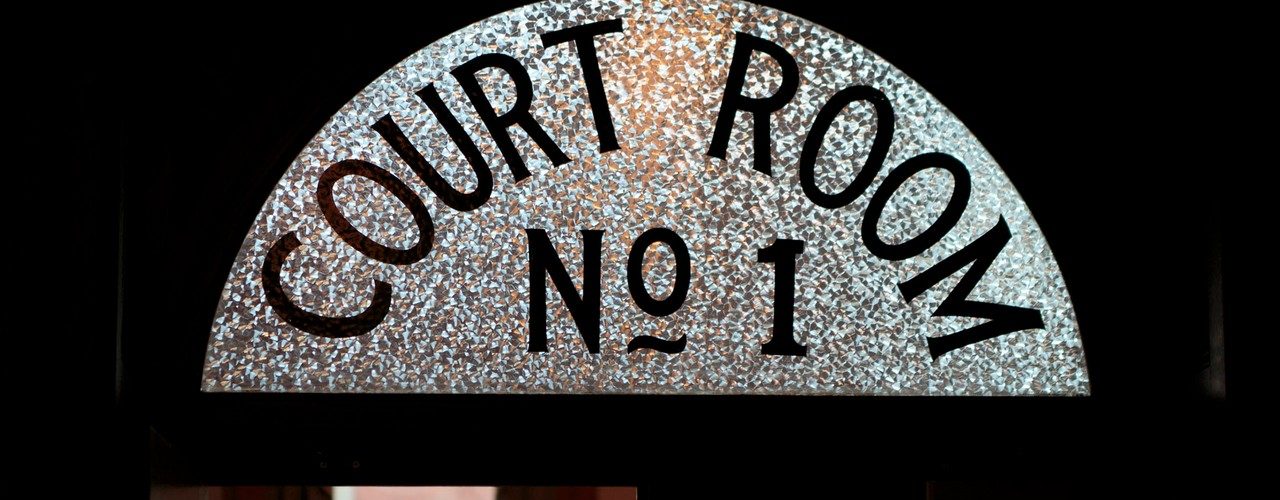On November 23, 2017 the ECJ issued his decision in the case 246/16 (Di Maura) confirming that Member States are not allowed to take disproportionate measures that effectively preclude the taxpayer’s right on VAT bad debt relief.
Article in the EU VAT Directive
Article 11(C)(1) and the second sentence of Article 20(1)(b) of Directive 77/388/EEC
Article 11
C. Miscellaneous provisions
1 . In the case of cancellation, refusal or total or partial non-payment, or where the price is reduced after the supply takes place, the taxable amount shall be reduced accordingly under conditions which shall be determined by the Member States.
However, in the case of total or partial non-payment, Member States may derogate from this rule.
Facts
Mr Di Maura made a reduction on his VAT payable amount when one of his clients was declared bankrupt and failed to pay an invoice for €35,000. The tax authority rejected Mr Di Maura’s adjustment on the basis that it was not certain that the debt would not be honoured based solely on the fact that the customer had been declared bankrupt. In accordance with Italian law it was required that an adjustment to the amount of VAT payable could only be allowed following an unsuccessful insolvency action against the customer.
Questions
Having regard to Article 11(C)(1) and the second sentence of Article 20(1)(b) of Directive 77/388/EEC 1 in relation to the downward adjustment of the taxable amount and the adjustment of the VAT charged on taxable transactions in cases where the consideration agreed by the parties remains totally or partially unpaid, is it compatible with the principles of proportionality and effectiveness guaranteed by the TFEU, and the principle of neutrality that governs the application of VAT, to impose limits that make it impossible or excessively costly — in terms of time too, in connection with the unforeseeable duration of an insolvency procedure — for the taxable person to recover the tax on the consideration which remains totally or partially unpaid?
If the answer to the first question is in the affirmative, is it compatible with the principles set out above that a provision — such as Article 26(2) of Presidential Decree No 633/1972, in the version in force before the amendments introduced by Article 1(126) and (127) of Law No 208 of 28 December 2015 — makes the right to recover the tax contingent on proof that insolvency procedures have previously been unsuccessfully conducted, that is to say, in accordance with case-law and the practice of the tax authority of the EU Member State, following definitive failure to distribute the assets, or, failing that, a final decision closing the insolvency procedure, even where such procedures may reasonably be deemed to be uneconomic because of the amount of the claim, the prospects of recovery and the costs of the insolvency procedures and given that, in any event, those conditions could apply years after the date of opening of the insolvency?
AG Opinion
The second sentence of Article 11(C)(1) of the Sixth VAT Directive does not permit a disproportionate restriction of the possibility of correcting the taxable amount. It does, however, permit the Member States to take into account the uncertainties surrounding non-payment by requiring the taxable person to take certain reasonable measures. However, the requirement that insolvency proceedings be concluded in relation to the customer represents a disproportionate restriction.
Newsletter
Decision
Article 11C(1) of Sixth Council Directive 77/388/EEC of 17 May 1977 on the harmonisation of the law of the Member State relating to turnover taxes — Common system of value added tax: uniform basis of assessment must be interpreted as meaning that a Member State may not make the reduction of the VAT taxable amount in the event of total or partial non-payment subject to the condition that insolvency proceedings have been unsuccessful when such proceedings may last longer than ten years.
Summary decision
The CJEU concluded that the principle of proportionality must be upheld when restricting a taxpayer’s right to reduce the VAT payable in the case of bad debts and that the requirement for insolvency proceedings to be concluded, which may last longer than ten years, would amount to a disproportionate restriction.
Source
Similar ECJ cases
References to the Case in the EU Member States
- Greece (EY)
- Slovakia – Possibility to correct the tax base and related VAT for uncollectible receivables as of Jan 1, 2021
Newsletters















